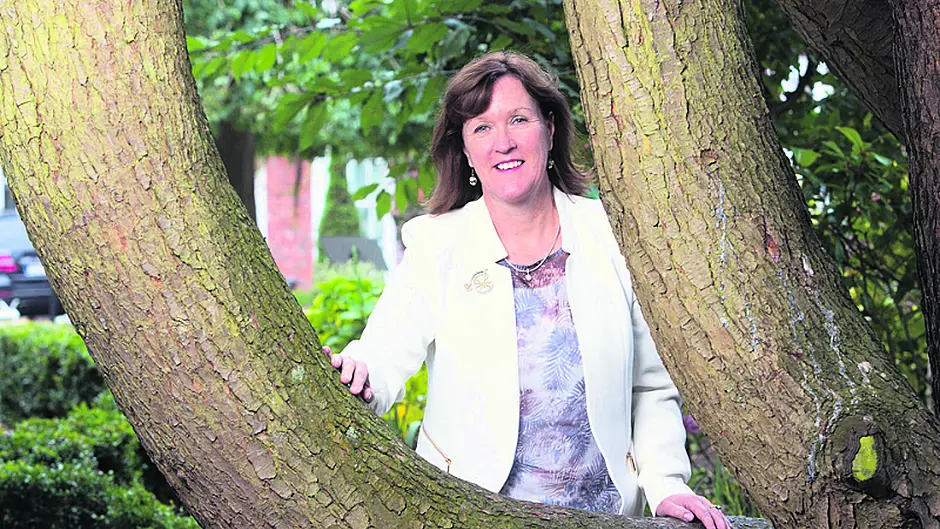Keeping a company going through challenging years and developing it to ensure its survival requires grit and determination, and some Emotional Intelligence, says Barbara Nugent
OFTEN money is tight and there is a reliance on people performing multiple roles and going that extra mile.
In this environment, it is critical for business owners to retain their composure under stress and remain optimistic.
Striking up empathic relationships with suppliers, employees and customers alike ensures that company values are transmitted to all who come in contact with your organisation.
Building great business connections are the key to great business. These are some of the attributes of Emotional Intelligence (EQ).
Daniel Goleman, the psychologist who coined the phrase, described EQ as the ability to understand one’s own emotions and those of others, and use them for the benefit and competitive advantage of the business. The key elements are: Self-awareness – being tuned in to how I come across to others, how I react, how does that help/hinder the situation? How confident and resilient am I?
Self-management – how do I react under pressure? If I am someone who ‘shoots the messenger’ people may be afraid to approach me, for example. Can I keep my head when everyone else is losing theirs?
Social awareness – how do those around me feel right now, what are they telling me and what does that mean for my business? Am I empathic, can I understand where someone else’s view might be equally valid?
Relationship management – being able to communicate clearly, inspire, motivate and inspire others and build authentic relationships is critical to good business.
Environmental issues like the long-lasting construction works in Clonakilty and the flooding in Bandon and other West Cork towns, put business owners under severe economic pressure and emotional stress.
Local business is so critical to the survival of small town life that owners need to constantly re-invent their business to keep it sustainable.
Emotional Intelligence may sound like a fluffy notion that could not possibly help in a practical business environment. But studies have shown that accelerating levels of EQ can contribute substantially to the bottom line of a company. Now, that’s compelling news.
So how would your average business put this into action?
1. Seek feedback – from your customers, your employees and your suppliers. Ask questions like – how are we doing, what do we do well, what could we improve, what do you need from us, what do you expect from us?
Now here’s the emotional bit – be prepared for some hard truths, keep an open mind and avoid being defensive. The information you receive will help bring you and your business to the next level. Therefore, look forward to the learning experience.
2. Build your strategy. What kind of customers do you want to have, who are they, where will you meet them? What problem do you solve for them? Keeping in mind the feedback you got, set out a strategy for the business for this year in detail, and an outline plan for the following two years. Be optimistic and courageous, but keep it real.
3. Collaborate with others. Building a wide network of relationships will allow you to meet, not just people in your industry, but those outside of it, too. Look for opportunities to partner up with someone on an event or business opportunity. A bookshop owner collaborating with a barista might offer a unique reading and coffee drinking experience. Local businesses, rather than competing, can use their diversity and similarities to cross-promote, co-market and create new products and packages. This widens their market sphere significantly.
All these activities require business owners to develop the traits of Emotional Intelligence, to stretch themselves outside their comfort zones and to take a wider and perhaps more challenging view of their business future. Developing these competencies in a deliberate focussed manner will ensure that you, as a business leader, will have a wider, more dynamic view of your business environment and yourself so that you can capitalize on, or create opportunities to future-proof your business.
Barbara Nugent is the director/founder of Transilient Coaching Ltd, based in Clonakilty. See transilientcoaching.ie










